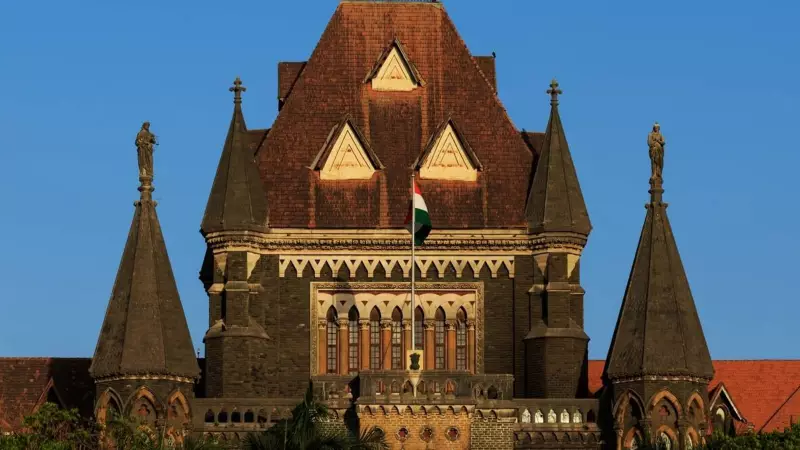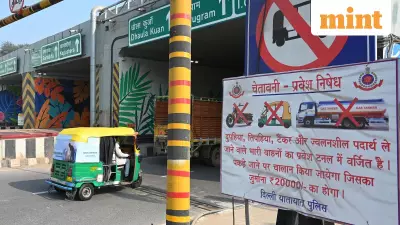
Bombay High Court Issues Restraining Order in Landmark Media Trademark Case
The Bombay High Court has delivered a significant ruling in a long-standing trademark dispute between two prominent media houses, restricting the use of the Indian Express trademark beyond specifically defined geographical boundaries.
Justice Riyaz I Chagla passed the order on Thursday, restraining Express Publications (Madurai) Pvt. Ltd, the publisher of The New Indian Express, from infringing or misrepresenting the trademark of The Indian Express (P) Ltd outside five states and specified Union Territories.
Geographical Restrictions Based on 1995 Settlement
The court order specifically limits the defendant's use of trademarks to the five states of Karnataka, Kerala, Tamil Nadu, Andhra Pradesh, and Orissa, along with the Union Territories of Pondicherry, Enam, Andaman Nicobar Islands, and Lakshadweep islands.
This restriction is based on the Memorandum of Settlement (MoS) dated February 5, 1995, which was later recorded as a decree by the Madras High Court on April 16, 1997. The court also considered the Supplemental Agreement dated August 12, 2005 executed between the plaintiff and defendant.
Justice Chagla explicitly stated that the defendant has no proprietary rights in the use of New Indian Express – Madurai/New Indian Express beyond the express terms of these agreements.
Court's Rationale and Legal Basis
The single-judge bench noted that The Indian Express (P) Ltd has established a strong prima facie case for grant of interim relief. The court emphasized that the balance of convenience favors the plaintiff, as any usage by the defendant of New Indian Express outside permitted territories violates the explicit terms of the MoS and Supplemental MoS.
The order stated that such unauthorized use would cause dilution of the plaintiff's mark Indian Express and result in irreparable harm to the company's brand identity and business interests.
Representing The Indian Express (P) Ltd, Senior Advocate Darius Khambata argued that the MoS was carefully structured to ensure the complete intellectual property rights of Indian Express vested in Indian Express Newspapers (Bombay) Ltd (IENB). The plaintiff maintained that Indian Express was always meant to be owned and vested in IENB since its establishment.
Legal Proceedings and Opposition
The case came before Justice Chagla as an interim application in a commercial intellectual property rights suit filed by The Indian Express (P) Ltd. Senior Advocate Zal Andhyarujina represented the defendant and opposed the interim application.
However, the bench ruled in favor of the plaintiff, stating that The Indian Express (P) Ltd, as the absolute owner of the trademark Indian Express along with the goodwill and reputation generated since 1932, is entitled to restrain the defendant from using New Indian Express outside permitted territories.
The court specifically noted that any use beyond the permissive user granted by the plaintiff is contrary to the consent decree between the parties and amounts to infringement and passing off of the plaintiff's registered trademark.
Implications and Future Compliance
This ruling reinforces the legal sanctity of the 1995 settlement and subsequent agreements between the two media entities. The court's decision makes it clear that any use of the New Indian Express mark beyond the specified territories for promoting sponsored events or business activities constitutes violation of the consent decree and is legally actionable.
The order serves as an important precedent in Indian media trademark disputes and underscores the significance of adhering to settlement agreements in intellectual property matters. Both media organizations must now ensure strict compliance with the geographical restrictions outlined in the original 1995 Memorandum of Settlement.





